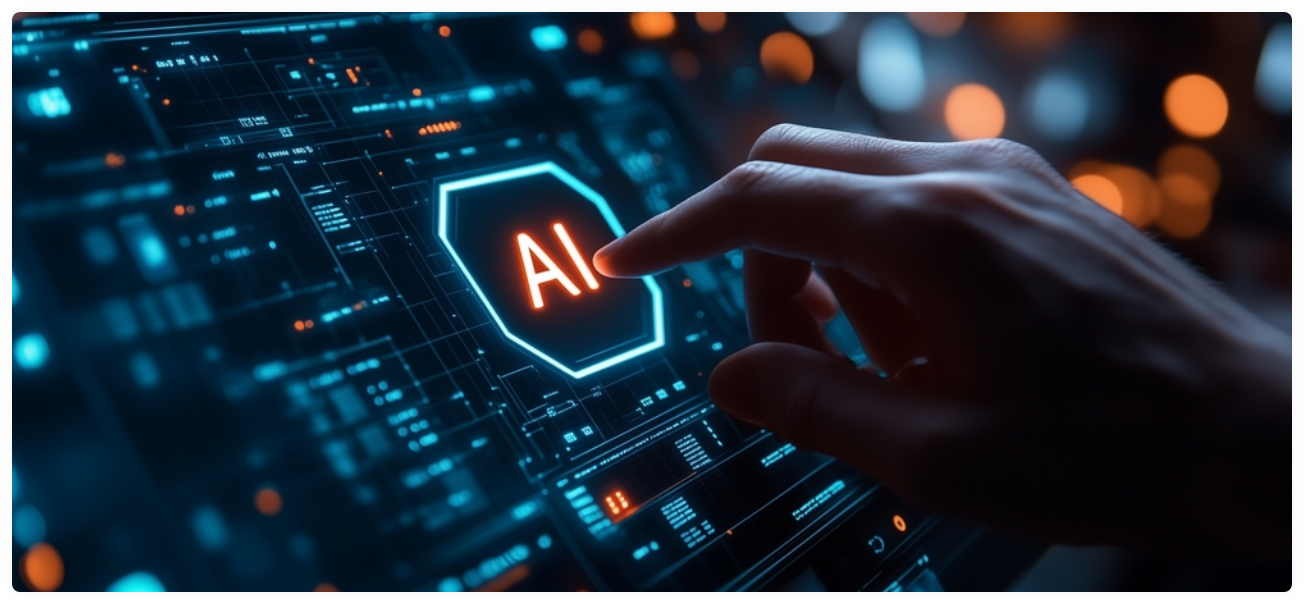Our dedication lies not just in treating symptoms but in addressing the root causes, offering a holistic approach that integrates the best of therapeutic practices with the warmth of community support.
Artificial Intelligence (AI) Addiction
Understanding the Challenge
AI addiction refers to the compulsive and harmful use of AI-powered tools like chatbots, generative media, and platforms driven by algorithms. This issue falls under the broader category of Internet Addiction Disorder (IAD) and is gaining recognition for its ability to disrupt daily life and mental well-being.
Common symptoms of AI addiction include:
- Emotional Symptoms: Anxiety, irritability, or frustration when unable to access AI tools.
- Behavioral Symptoms: Spending excessive time interacting with AI platforms, neglecting real-world responsibilities, or avoiding face-to-face communication.
- Physical Symptoms: Eye strain, fatigue, and disrupted sleep patterns due to prolonged use of AI-powered devices.
- Cognitive Symptoms: Difficulty concentrating or making independent decisions without AI assistance.
What Causes AI Addiction?
Using AI can trigger dopamine production in the brain, much like other addictions. This natural “feel-good” response encourages people to engage more with AI systems, as they want to experience that sense of pleasure or satisfaction again. As time goes on, they might notice that they need to engage more often or in a deeper way to feel the same level of enjoyment.
What makes AI so enticing is its ability to mimic human interactions without the challenges that come with real relationships. While this can feel comforting, it can also lead to an unhealthy cycle of reliance and dependency.
How CTRLCare Helps
At CTRLCare Behavioral Health, we understand the unique challenges posed by AI addiction and offer comprehensive treatment tailored to each individual. Here’s how we can help:
- Assessment: We conduct an in-depth evaluation to understand the severity of the addiction and its impact on mental health, relationships, and daily functioning.
- Therapeutic Support: We use evidence-based therapies, like Cognitive Behavioral Therapy (CBT) and mindfulness techniques, to help clients develop healthier digital habits and emotional regulation.
- Technology Wellness Education: We teach clients how to use AI tools mindfully, recognizing the balance between beneficial use and over-dependence.
- Holistic Care: Our approach addresses underlying mental health issues, such as anxiety, loneliness, or low self-esteem, that may contribute to AI addiction.
- Family Involvement: Families are encouraged to participate in the recovery process, fostering a supportive environment for long-term success.
- Ongoing Support: Regular check-ins and follow-ups ensure continued progress and help clients maintain healthier relationships with technology.
AI addiction doesn’t have to control your life. With the right support and tools, you can regain balance and focus on meaningful, real-world interactions.
FREQUENTLY ASKED QUESTIONS
Your Questions Answered: Guiding You Toward Healthier Tech Habits

APPOINTMENT
Get Your Online Consultation
Copyright 2026 CTRL Care | All Rights Reserved



